Life as a Medical Field Service Technical Instructor
After experience in the US Navy and working as a Medical Field Engineer, Michael Lipka now works as a Technical Instructor and trains other Engineers and Vendors. Michael works for Canon Medical Systems USA Inc. and is based in Nevada.
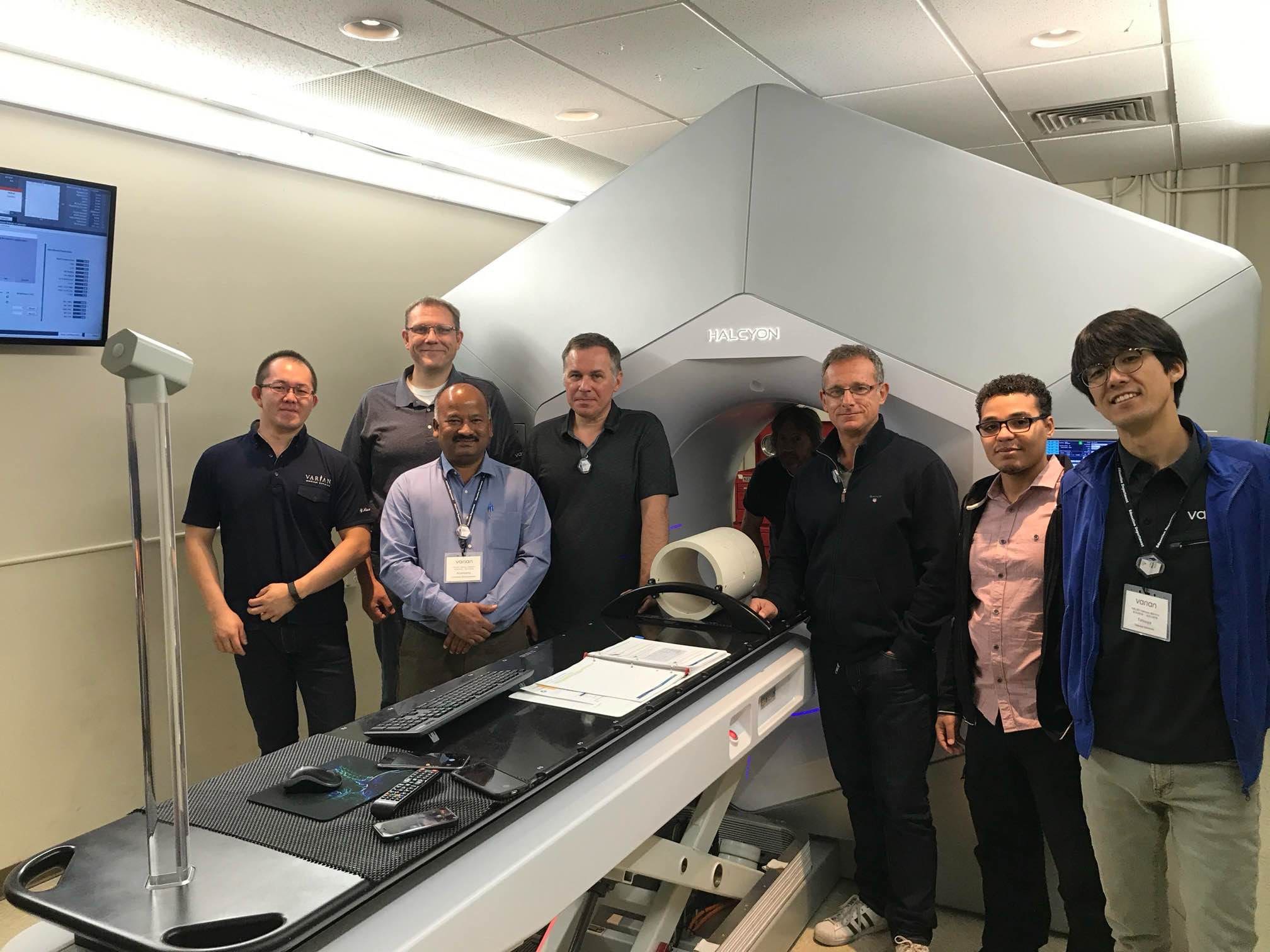

Service Technical Instructor at Canon Medical Systems USA, Inc.
Background
Could you give a brief description of your career?
My career so far breaks down like this:
6 years in the US Navy as a Corpsman
10 years in the Hospital as a Biomed Engineer
13 years at Varian as an instructor for particle accelerators and AI planning software and server setup
2 years at Canon Medical as an instructor for X-Ray imaging
What led you to study Biomedical and then electronics engineering?
I loved to work on electronics and watch my Aerospace Engineer father as I grew up. So, I was reading schematics instead of story books as well as playing with slide rulers.
Were you interested in how things worked as a child? Did you like taking apart toys for example?
My love of electronics and taking things apart started the moment I found a screwdriver and something to take apart. I would collect old TVs from the garbage and either fix them or blow fuses in the house! Computers were my next love and my Apple 2C, Atari 400, and an assortment of ancient systems kept me busy helping my grade school figure out how to use them while I was in grade school!
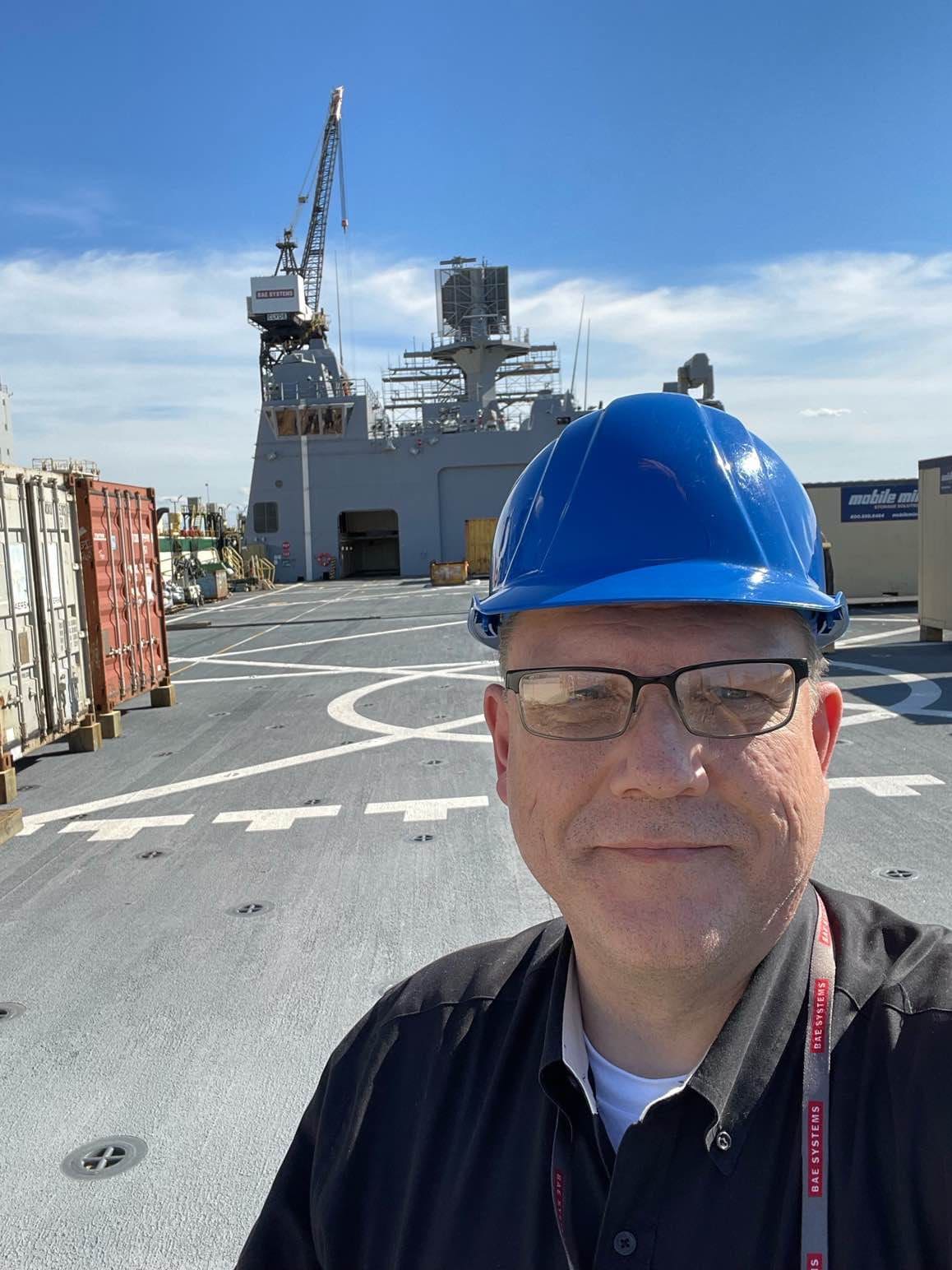

Volunteering and helping others
Has helping others always been important to you?
My neighbourhood and the people around me have always been a part of the equation. I would fix old computers and donate them to people who needed them. As well, even now I volunteer for Civil Air Patrol where I teach cadets about electronics and computers. I also teach for FEMA so that the average citizen can help and survive a disaster.
Was there a family member who influenced your career choice?
My father was my influence and I wanted to be him.
There was nothing he couldn’t figure out or fix. My father would show me his work and his drawings for airplane components he was working on. He helped me build things with my hands and develop my ability to deconstruct components in my head before laying a hand on them.
He passed from cancer many years ago, but he was treated on a machine I did the preventative work on and I made sure it was the best output it could have.
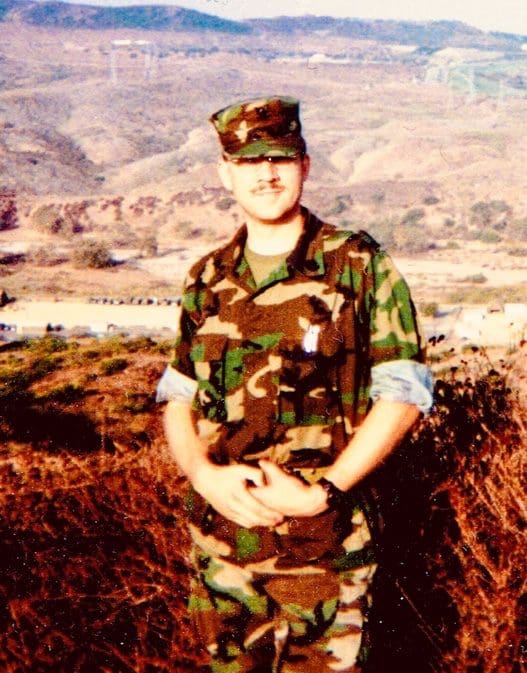

Serving in the Navy
Why did you decide to join the Navy?
The cost of engineering college was getting out of hand, and I needed to have someone else pay for it! I came to find out after joining that it was so much more. Being in the Navy, I felt part of a bigger plan and part of a much bigger family. I am lucky to be able to reconnect with my Navy roots when I teach X-ray classes on military bases as part of our contracts.
There are a lot of field engineers with a service background. Why do you think this is the case?
The military experience is intense with no room to fail. The education is top notch and with the discipline learned in the military the skills are learned with the mentality that no one is left behind. Success = survival. Engineering school is not always affordable without going into debt and the military provides the training and school at no cost and even pays you to have an adventure.
Volunteering
How have you balanced studying, working, and volunteering?
This is a great question as this is my life. I honestly don’t know but I know that if you take one step at a time you can accomplish anything.
Remember you don’t eat an elephant in one bite, you take many small bites.
I am currently in a PhD program for Education. As well, I volunteer every week in Civil Air Patrol to teach the cadets and fly Search and Rescue Missions, and I travel at least two weeks a month to teach. Simply put, time management.
What has influenced you to have voluntary work as such a key theme in your life?
I believe it is important to be an example rather than a preacher. Showing others that it is important strengthens their resolve to do it as well.
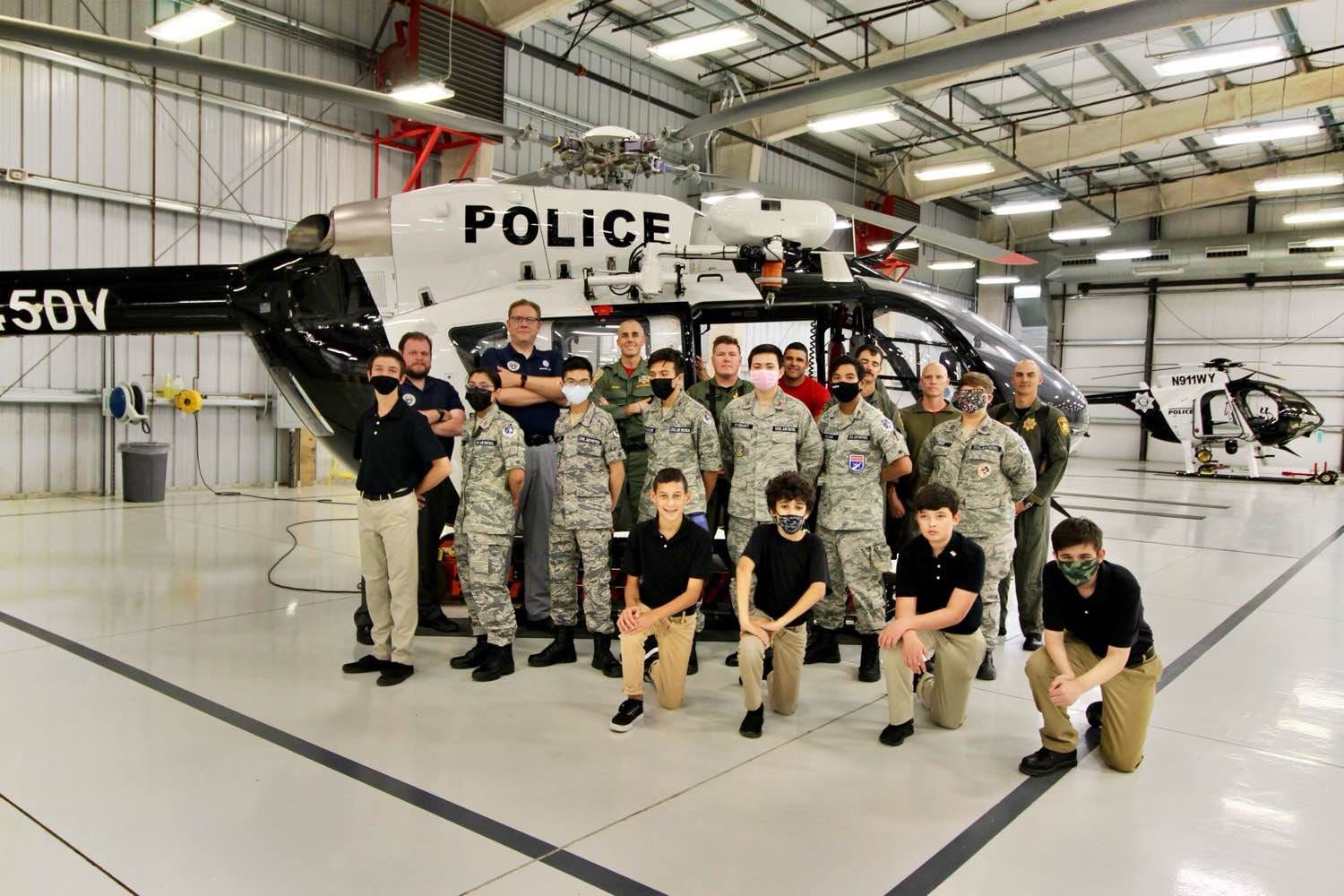

Most challenging part of the job when you were out in the field
What did you find most challenging when you were working – technical side, people/customers, or logistics (travel etc)?
When working in the hospital it was customer service and always finger pointing. They have a patient throughput that is hindered when the system is down, and frustrations build.
When teaching, students have an agenda that may not match the curriculum and they attempt to derail the class to answer specific questions. Again, when these students go back to their jobs, they are now expected to be experts and that is a lot of pressure.
An example
What was your most challenging job in the field?
Teaching is challenging but working in oncology for 22 years really makes you realise how fragile life is.
I was lucky enough to be included into the family of the oncology treatment team and I would meet them as the guy who would keep it working so they could get their treatment. I would see them come in for a few weeks and then disappear only to find their names in the obituaries.
That’s what made me want to teach to make sure that the students realised how important their jobs really were.
Did you ever arrive on site and find that it was much easier than you expected? For example, did you ever need to simply switch on a machine?
There was a lot of that.
One memorable time was an older therapist who was afraid to be in the oncology clinic early in the morning. She would call me and tell me the wall lasers were off, I knew what that meant. I would come in go into the vault sit for 15 minutes and then come out and tell her I fixed it, and she verified it was perfect. I never touched anything, but I made her feel safe, and so it was worth it.
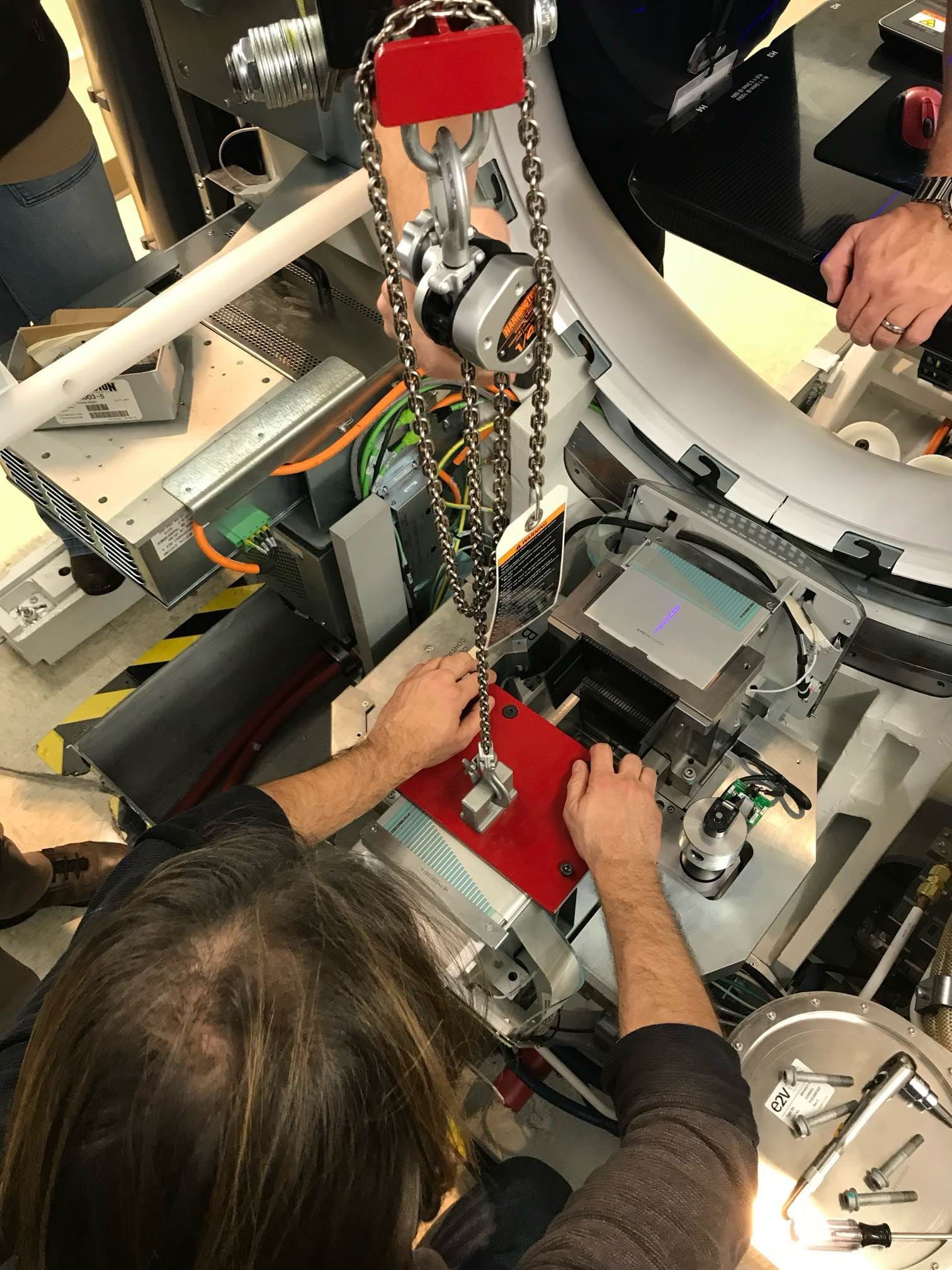

Troubleshooting skills
What were the skills you learnt for problem solving and troubleshooting?
Check your setup, check your setup, have someone else check your setup, and then tweak it.
Too many engineers run in with screwdrivers blazing, instead take a moment to analyse, divide, and conquer.
90% is figuring it out 10% is fixing it.
Moving into training and working as a Technical Instructor
Why did you decide to move into training?
I moved into training to properly train the next generation of engineers. It is the highest honour of my career as I pass my knowledge to the new minds that can take it and mould it to fit their paradigm. I need new engineers to know that the machine is secondary to the person being scanned or treated.
How would you advise other FSEs who are considering moving into training?
Know that it is what you want to do, be confident in front of an audience ready to tear you apart, and never ever make things up during class.
A simple I don’t know but I’ll find out goes a long way to credibility.
I have seen many instructors’ reputations get destroyed for “faking it until they make it”. It doesn’t work!
What type of engineer makes an ideal trainer?
An honest one that cares about the students and what and how they will learn.
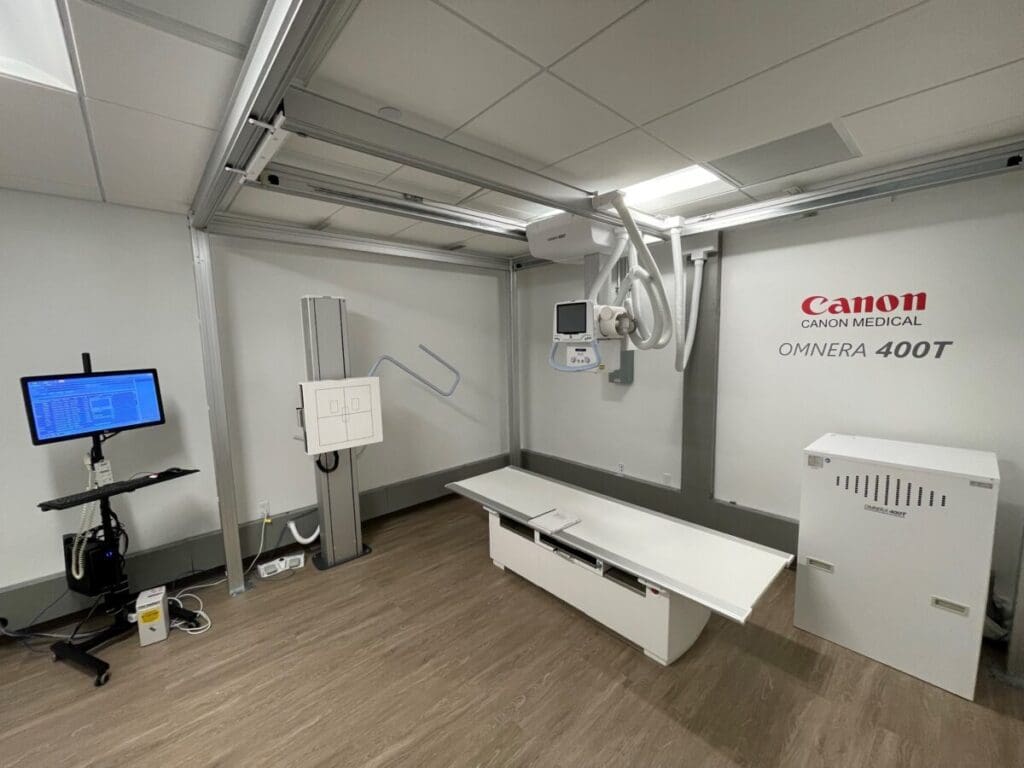

Typical week as a Service Technical Instructor
What’s your typical week like as a Service Technical Instructor?
I work remotely delivering virtual classes as well as traveling to deliver hands on classes.
How much of your time is spent training and how much handling other aspects of your role?
50% is development and 50% is teaching.
Which other parts of the organisation give you support?
I help National Tech Support, IT when testing is needed, and I travel to help on system installs to learn what my students go through so I can make a curriculum to fit.
How many people have you trained to date?
I have taught since 2008, so on average about:
300-400 x 15 years = 4500 to 6000
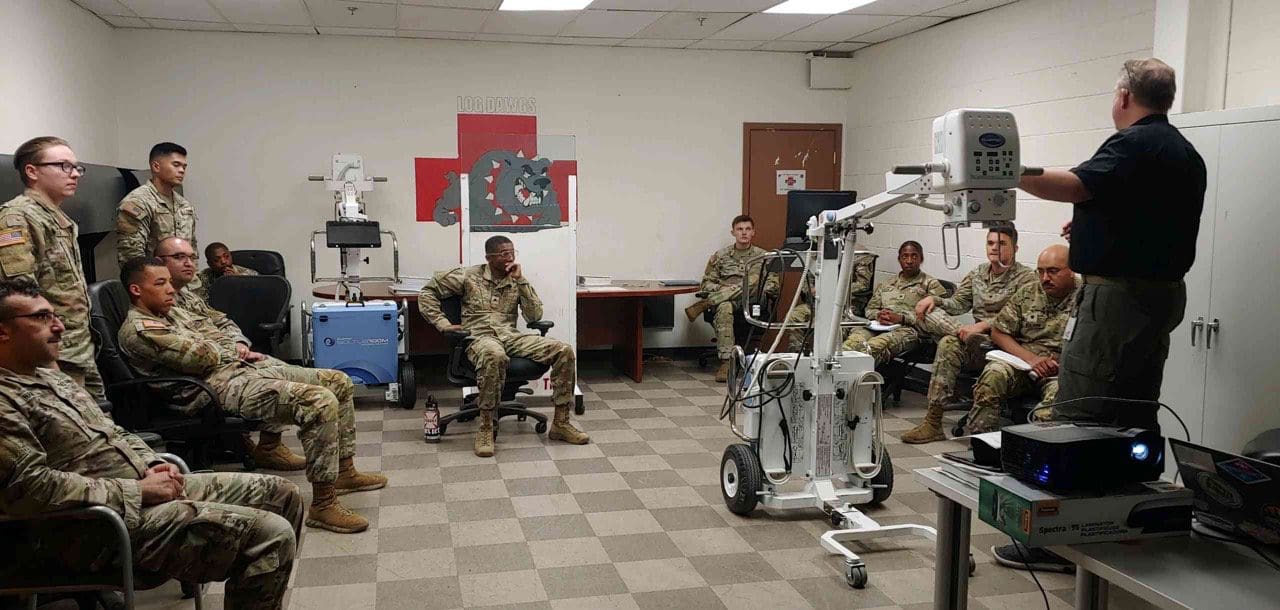

Most challenging part of the job as a Technical Instructor
What are the main challenges in your training role?
Travel and making sure equipment is available for class.
How do you keep people’s attention throughout the session?
Watch for cues that indicate that the students either need a break or are uninterested. Then, shift the material to another subject or another medium like a hands-on lab or I use Kahoot to start some competition.
What are some ‘tools’ you use for when things are not being understood?
Physically demonstrating on the system, showing a video, and pausing it at key points and extrapolating.
Asking the class that do understand to help me identify what is missing to understand.
And then I adapt the curriculum and material to better explain the question for the next class.
How much do you learn from your students?
A lot!
They are in the field and have their hands on these systems much more than I do. I always ask for interesting photos or videos of issues not seen or not well documented for the next class to learn from. They are a valuable resource for me.
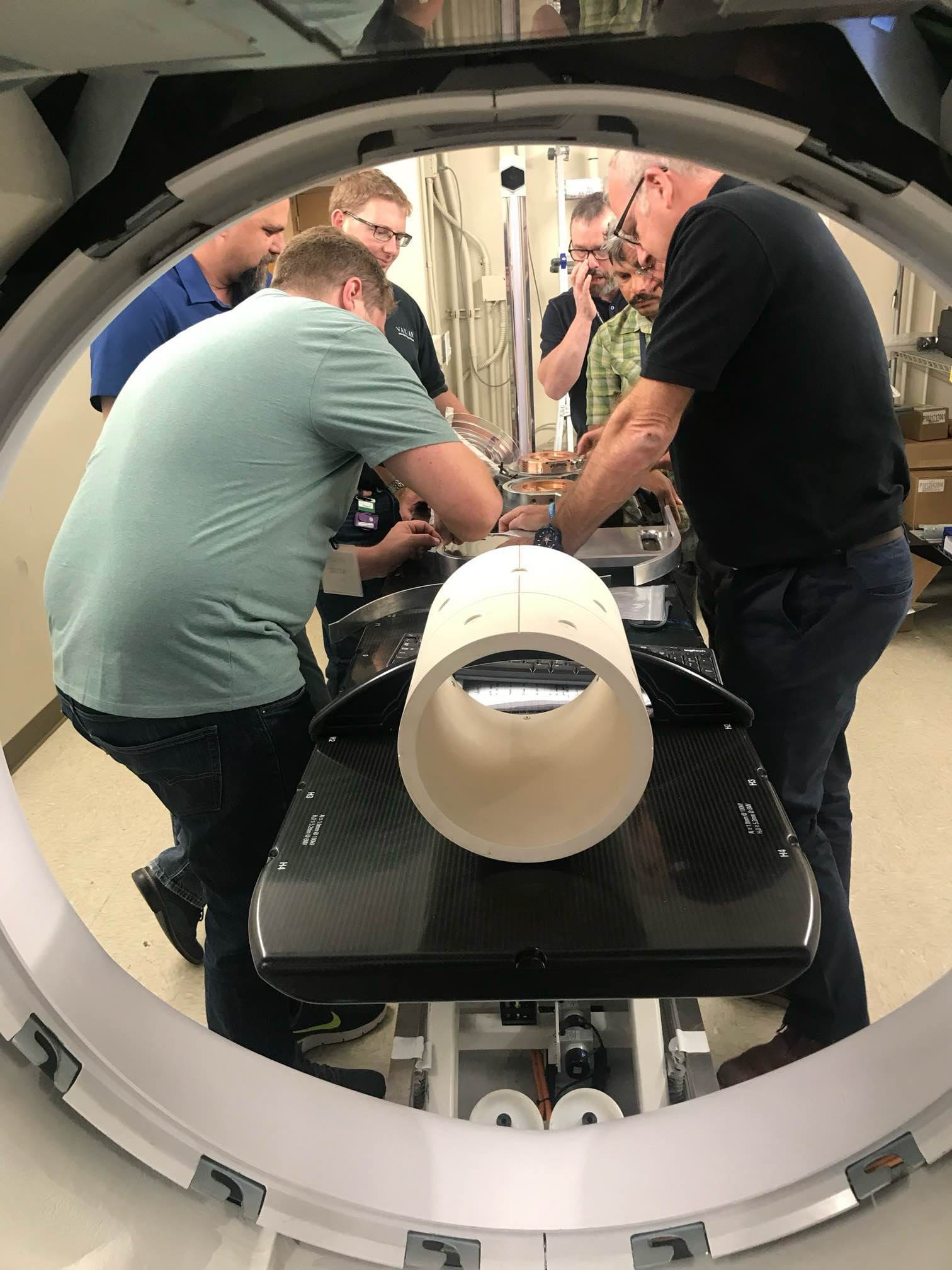

New field engineers
What advice would you give to someone who has just started their first job as a field engineer?
Hang in there.
The information will come at you like drinking from a fire hose. As well, the language in the hospital will be a foreign tongue, and the people who need your help may not always be the nicest to you. However, remember you do it for the patient so that they can get better and you do it for yourself because every day you’re going to get smarter. NEVER GIVE UP!
Apart from a strong technical background, what are the three most important skills to have?
People skills
Time Management skills
Always continue learning.
What makes the type of field service engineer who is tomorrow’s star or leader?
The leadership and mentorship they have, to watch their backs so they can grow.
The ability to admit mistakes and take ownership of doing it wrong.
The commitment to the success of the staff and the treatment of the patients.
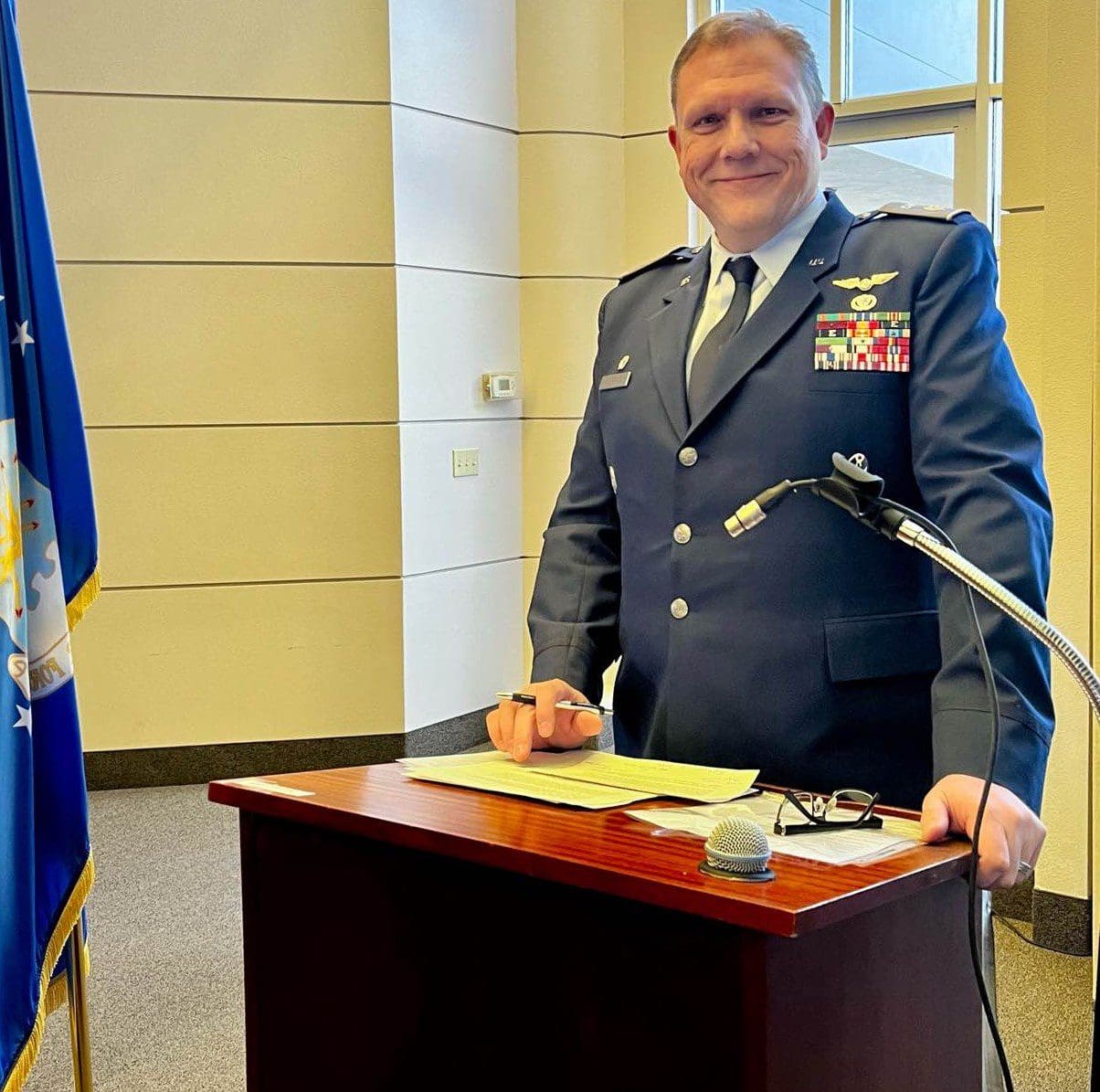

Further reading about work as a Field Service Trainer or Technical Instructor
Technical Trainer and Field Service Engineer
Meet Elsie Kafui Ayi a Biomedical Engineer and Trainer from Ghana


Responses